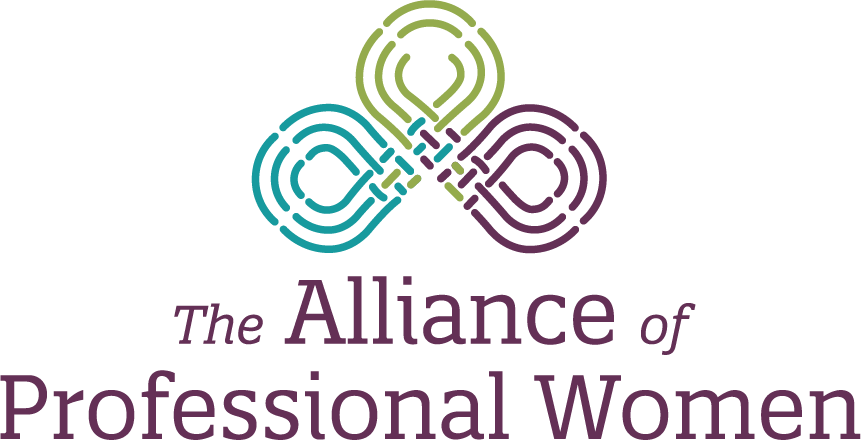I doubt many of us wake up in the morning thinking consciously about this issue, thinking about the impact of our privilege on the systems in which we live. There is likely no intent to marginalize some groups, but intent does not equal impact, and avoiding exploring where privilege and rank take place in systems only perpetuates the ongoing problem that provides for some and not others.
Here are four things to keep in mind in exploring privilege:
- Examining privilege should not and does not need to make us feel guilty or ashamed. Guilt and shame are often paralyzing and halt progress. Looking deeper can fuel our inner desire to be change agents and helpful when understanding how our advantages can contribute to changing rules, procedures, practices and laws that are inequitable. I believe exploring, without being defensive, is an entryway into transforming exclusivity into inclusivity. We get out of the silos privilege has created and build community and purpose.
- Exploring our privilege does not mean we did not work hard or earn a certain position in life, career and community. But privilege allows for some to have advantages that others do not have access to just because of major identity markers (MIMs), which is what is often seen when we walk in the door. MIMs include race, ethnicity, gender, class, physical and mental ability, sexual orientation, religion, etc.). The thought that making changes, removing barriers to access for others, threatens us with a belief that we will lose something is a very dualistic view of the world or situation. It is an “either/or” attitude and it must be a “both/and”, if we are to collaborate and come up with ways to create equity.
- The fear of honestly looking at the reality of privilege is not a real fear, one that is a life or death situation. I contend that fear is the major reason change does not happen, even when there is an intention to change. We don’t necessarily like to admit fear, but like biases, it is something we all experience at some point, and it keeps us safe – at least we like to think it does. But if we are committed to making a difference and creating change in the dismantling of systemic privilege, we must acknowledge our fears. A variation of my F.E.A.R.© acronym is helpful to dissect our beliefs. This acronym takes the word F.E.A.R. and breaks it down with questions for helping ourselves and others through the cycle of F.E.A.R., which perpetuates a negative feedback loop, and blocks awareness and progress
F – Fight or Flight – What am I afraid of losing (position, power, self-respect or respect from others, etc.)?
E – Excluding. Not only who am I excluding by my current actions, but what possibilities am I excluding with my “either/or attitude” (dualistic lens)? Creativity and effective collaboration do not live or thrive in dualism.
A – Avoidance – Am I avoiding awareness of preconceived beliefs and perceptions, and other ways of viewing a situation or person(s), that maintain the status quo?
R – Reactions – What are my automatic reactions that are triggered when I hear the word “privilege?” How can I pause and choose a thoughtful, more effective response vs. reacting? Emotional reactions are separating and do not allow for relationships to build and grow.
This framework is geared to help someone recognize and move past their fear of addressing privilege and rank and the impact of exclusion, “isms” and “phobias.” And, we must start with ourselves to understand our own journey. We must be conscious of when we fear discomfort. I also contend that, if we truly want to do something to create change and have courageous conversations, the true discomfort is in holding back.
- Our willingness to show up, open and ready to have dialogue (not debate) about this issue is a message we send whether we know it or not. We may “step in it” and it won’t be perfect, but that is not the point. A wise colleague and friend told me a quote that is very powerful: “You are not responsible for your first thought; but you are responsible for your second thought. Which choice will you make?” So, understanding that our unconscious biases and beliefs drive our thoughts and behaviors, helps give us the space to pause, allowing a little slack on the first thought, and challenge the source and the truth of this automatic response.
So, if you are ready to take the discussion further to move the needle for greater inclusivity and equity, here are some exploratory steps you can take to engage and make a difference:
- The next time the issue of privilege comes up in conversation, commit to staying with the discussion. Be aware of your initial thoughts and reactions and stay present.
- Explore your own journey and story, and question how you contribute to the problem by “staying out of it.” Be patient.
- Observe how privilege manifests and perpetuates a message in the media, and the policies, procedures, rules and laws that keep it in place. Find a way to bring awareness and be part of a progressive action to dismantle systemic privilege.
- Consider that the inequity of privilege is a problem and that if you are not part of the solution, you are part of the problem.


